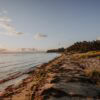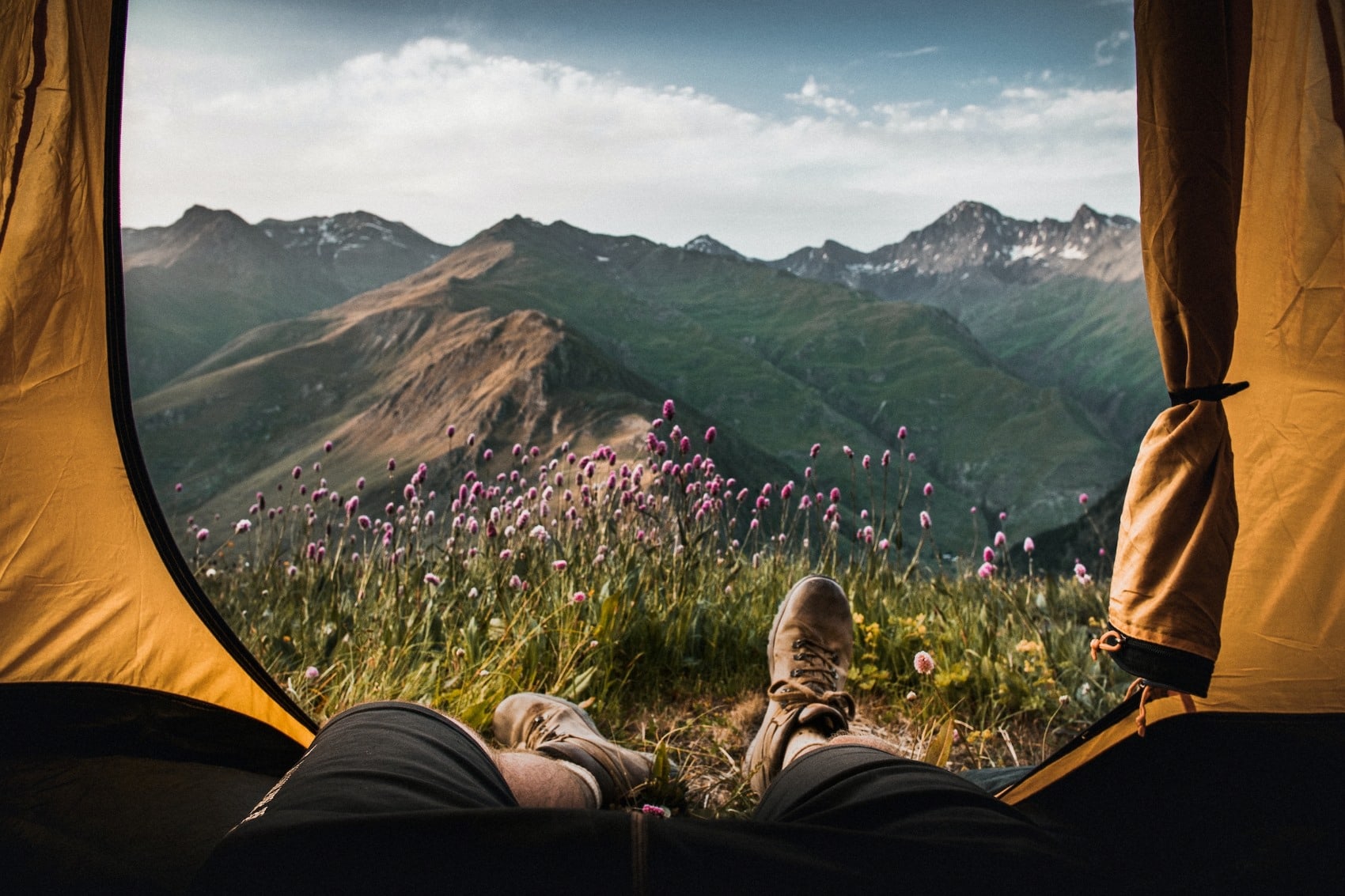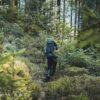Vacation in the great outdoors – a new camping craze has taken hold among Germans. However, to ensure that nature remains just as beautiful after the trip, a few small things need to be considered. The keyword here is “sustainability”. So, if you also want to enjoy self-made campfire bread with a clear conscience, and read your favorite book undisturbed in front of the tent on warm summer evenings, then read on.
Rent Equipment on Site
Camping doesn’t require much: a tent, sleeping bag, mattress – and you’re all set. Or, you can go for a camper directly. But that’s only half the fun. For many vacationers, a bit of action is part of the experience, whether it’s an extensive bike ride, a leisurely boat trip, or a daring climbing tour. However, all this equipment takes up a lot of space and adds unnecessary weight, leading to more fuel consumption. So, why not rent all the gear on-site?
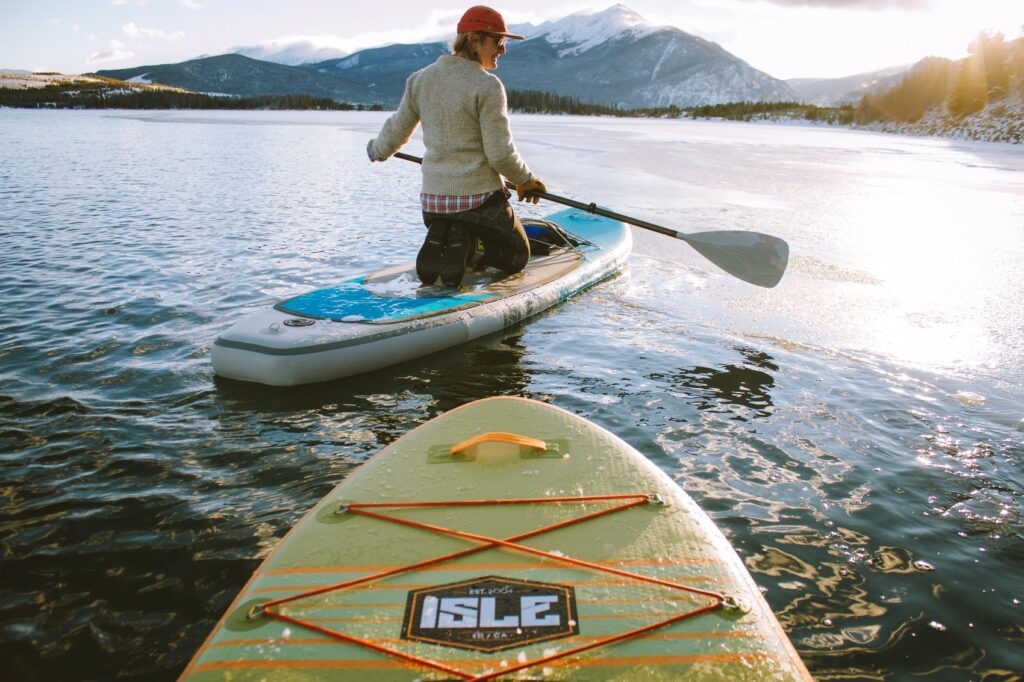
Take It Easy on the Drive
Vacations are meant to be relaxing. However, for many people, the journey is one of the most stressful parts of the whole trip. But there’s no reason for that! It’s best not to drive faster than 100 km/h on the way to your dream camping spot. This saves fuel, emissions, and nerves equally. Outside of Germany, this is the norm when traveling with a caravan.
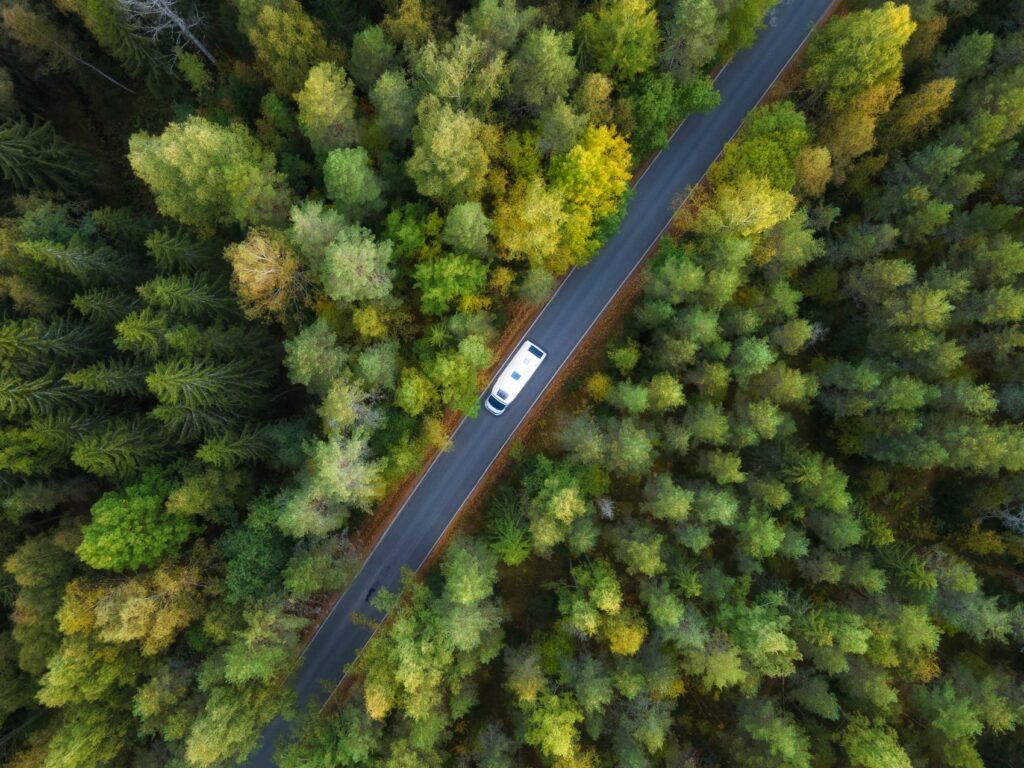
Choose Your Spot Wisely
Not all campsites are the same. Those that follow an environmentally friendly concept can be recognized by corresponding plaques – such as the Ecocamping seal. This is only awarded to those who use clean energy, maintain clean grounds, and create a campsite with a rich biodiversity. We think that’s great!
Shop Locally
Similar to fancy equipment, the same goes for provisions: Instead of carting them across hundreds of kilometers, you can buy your (veggie) sausages, fresh salad, and delicious rolls directly on-site. This not only improves the overall balance of the trip but also ensures that the region continues to welcome tourists with open arms. Moreover, you might find some regional specialties in your shopping basket. Travel broadens the mind, including the palate.
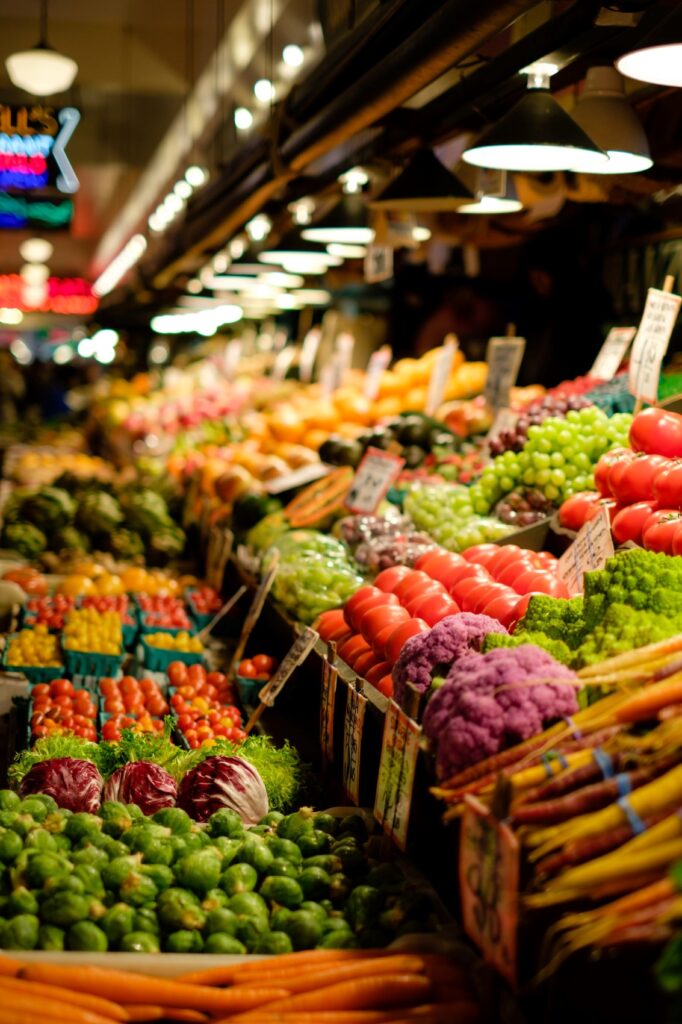
No Disposable Tableware, Please
Well, maybe you should take a few things from home after all: dishes and cutlery, for example. Yes, doing the dishes is not the most exciting holiday activity. But disposable tableware is not good for the environment. Plus, a good camping set of dishes won’t completely fall apart at the first contact with the sauce. That’s important.
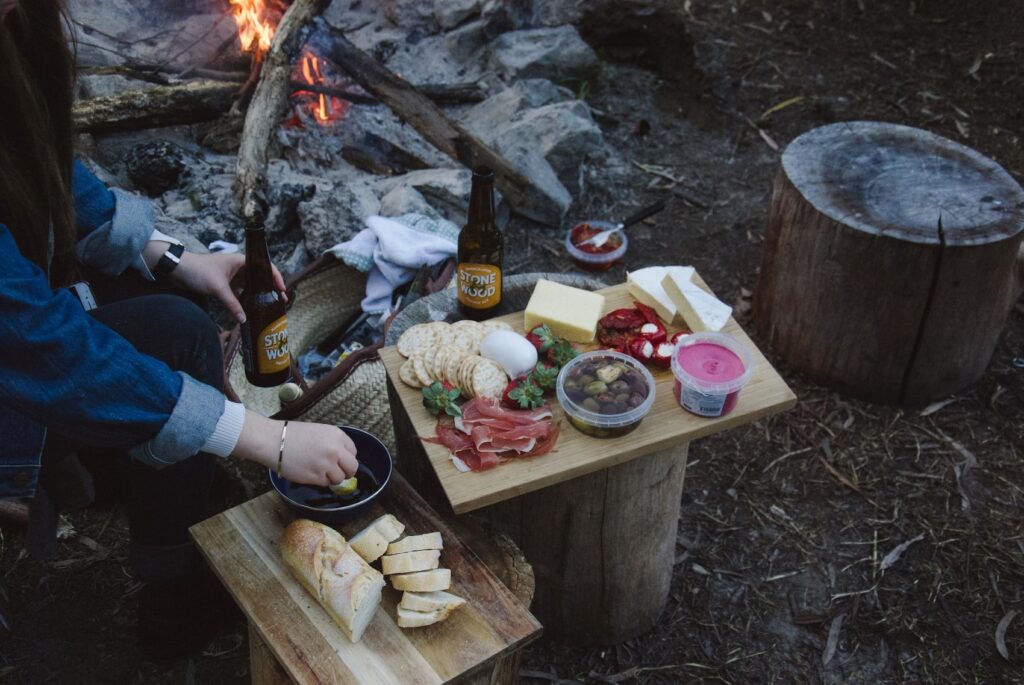
Dispose of Trash Properly
Where many people gather, there is waste. This is no different when camping. While campsites are prepared for this and usually offer easily accessible trash collection points, it’s different when venturing into the wild. Therefore, the rule is: Please take your trash with you. It’s best to pack a few suitable containers and then dispose of everything properly at the next opportunity, separating it as needed.
Saving Electricity Pays Off
While camping doesn’t require much energy, a little is still needed. Those who aren’t careful can quickly spend a lot of money: bright fairy lights, an electric kettle, power for phones, laptops, and headphones – it all adds up. Smart campers use solar panels, LED lights, and other energy-saving gadgets. That makes your wallet happy when checking out.
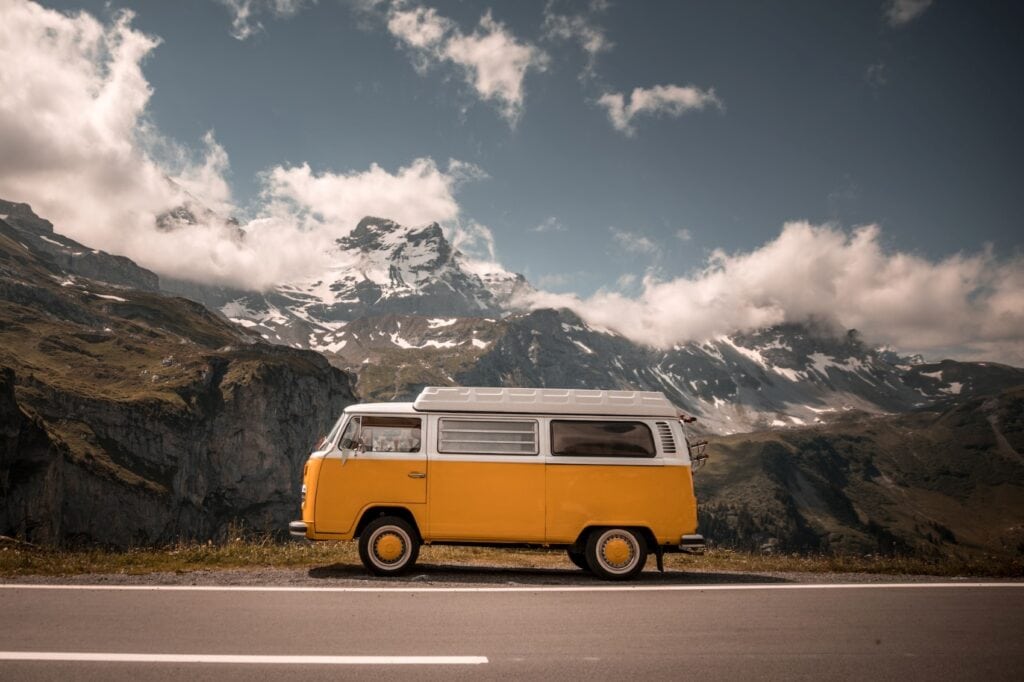
Conserve Resources and Nature
With all our love for nature, cleanliness is still important. But please don’t just pour standard dish soap into the environment. Nowadays, you can find additive-free, naturally biodegradable cleaning agents at the local drugstore. In particularly water-scarce regions, such as Spain, you should also be especially careful with the tap water. Use only as needed, as little as possible.
Avoid Dirty Business
Sometimes it can’t be helped. For the small and big “business,” regularly cleaned sanitary facilities are available at every well-equipped campsite. During the journey, toilets at rest stops can also be used – if they are clean enough. But sometimes only the camper’s toilet helps. However, many chemical substances are usually used in these cases, which shouldn’t just end up in the environment. Better: Use biodegradable sanitary additives. You can now find them in many camping and outdoor stores or online.
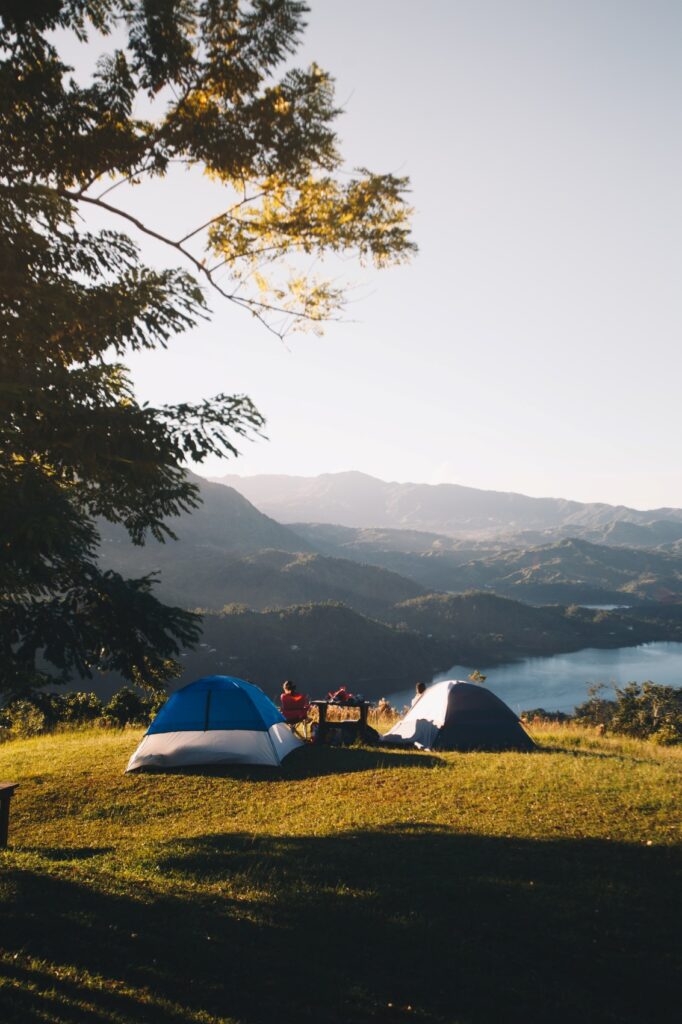
Look for a Shady Spot
Sounds like a platitude, but it’s still true and important: When choosing a parking spot for the camper and/or towing vehicle, you can’t have enough shade. This not only prevents heatstroke when getting in but also saves you from running the air conditioning at full blast. If no shade can be found, there’s still the option of ventilating the camper before departure.
For more camping tips and information on great camping spots, visit www.camperdays.de.
